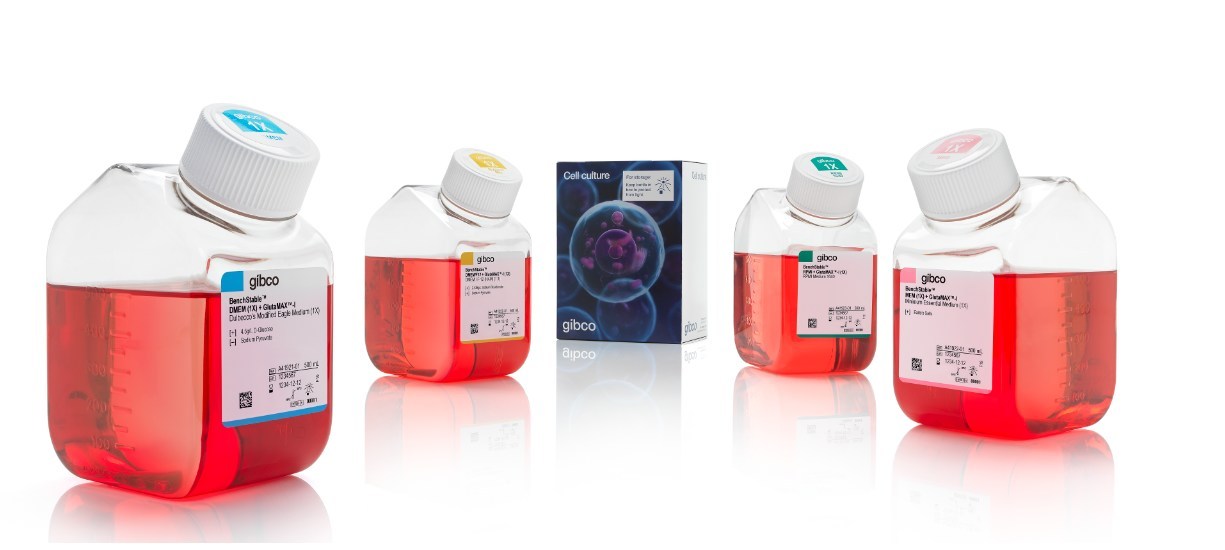October 21, 2019 -- On October 21, Thermo Fisher released a new cell culture media for biological researchers that remains stable at room temperature. The new product is called Gibco BenchStable Media, which offers an alternative for researchers looking to work without cold storage but that also saves energy and is shipped with sustainable packaging.

"Flexibility is important for our customers, especially those who have limited cold storage space but still want to store culture media close to their benchtops," said Dr. Amy K. Butler, president of Biosciences at Thermo Fisher Scientific. "The energy savings from cold storage elimination is important, and we're also pleased the new media are shipped in fully recyclable packaging, enabling both our customers and Thermo Fisher to further reduce our carbon footprints and make the world cleaner."
A 2015 study on laboratory energy consumption by the Center for Energy Efficient Laboratories determined that approximately 25% of the energy consumption in a typical lab is used for cold storage. So Thermo Fisher developed this product so media can be stored anywhere with other temperature-stable solutions, thereby reducing the need for cold storage.
This product features fully recyclable boxes that protects against light degradation and bottles made from polyethylene terephthalate with a high-density polyethylene lid, making it environmentally-friendly.
Gibco BenchStable Media can act as a direct replacement for basal media used in researchers' existing workflows, allowing for easy substitution. The product line is available in the most commonly used basal media formulations: DMEM, DMEM/F-12, MEM, and RPMI 1640, all of which include GlutaMAX Supplement. Gibco BenchStable Media supports cellular proliferation and maximum cell densities comparable to conventional basal media formulations when supplemented with 10 percent Fetal Bovine Serum.
Copyright © 2019 scienceboard.net






